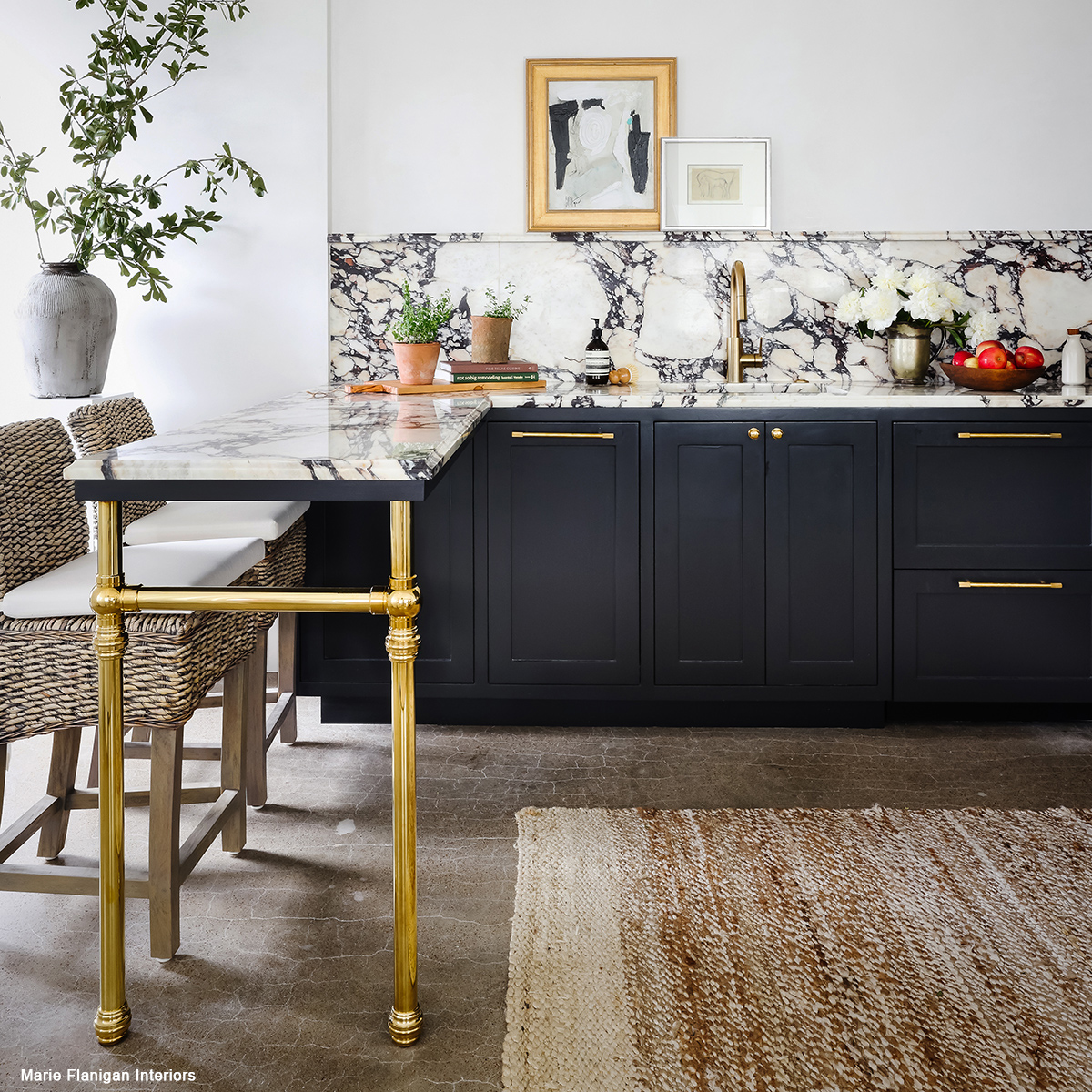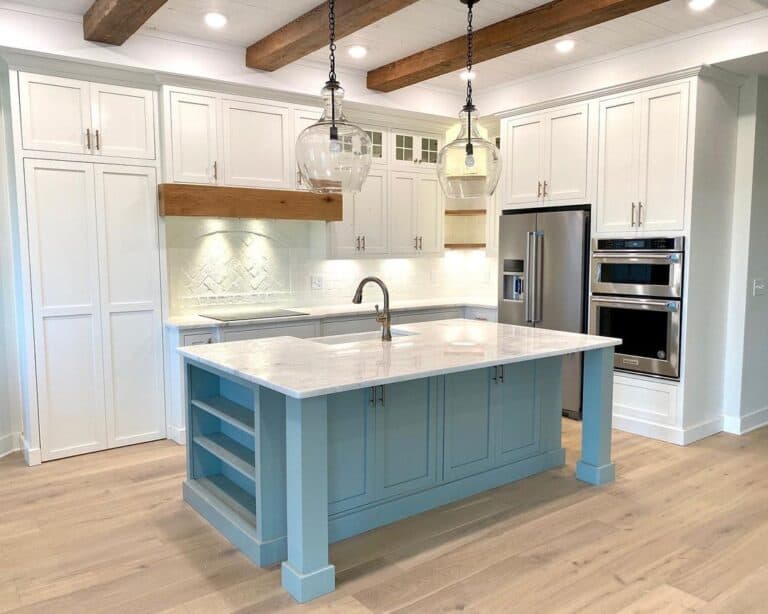Necessary Factors to Think About When Picking Legs For Kitchen Island
Picking the suitable legs for a cooking area island involves a mindful assessment of multiple aspects that can substantially affect both performance and visual appeal. Among these, the selection of product plays a pivotal function in ensuring sturdiness, while the design must complement the existing decoration. Factors to consider such as height and weight support are essential for stability and comfort. As we explore these components, it becomes clear that each choice can have significant implications for the overall kitchen area experience. What nuances should be thought about in each of these groups to accomplish the optimal equilibrium?
Material Options
When selecting legs for a kitchen island, recognizing the various product options is crucial for achieving both visual allure and architectural integrity (Legs For Kitchen Island). The selection of product substantially influences not just the longevity of the island yet likewise its general style and performance
Metal legs, typically made from stainless steel or functioned iron, contribute a contemporary and industrial feel while ensuring longevity and stability. These materials are immune to wear and can sustain considerable weight, making them ideal for larger islands.
Another option is crafted materials, like MDF or plywood, which can be a lot more affordable while still supplying a variety of finishes. They may not provide the very same level of stability as strong timber or steel. Legs For Kitchen Island. Last but not least, products such as acrylic or glass can create a contemporary appearance, though they might need added assistance to make certain security.
Inevitably, the choice of product for kitchen area island legs need to line up with the wanted performance and the total theme of the cooking area.
Design and Layout

When thinking about style, the shape and coating of the legs are important. Tapered legs can supply a feeling of lightness and style, while thicker, much more durable legs can convey stamina and security. Furthermore, the coating-- be it repainted, discolored, or all-natural-- should match the kitchen cabinetry and countertop materials to produce a unified appearance.
Furthermore, the style of the legs can additionally reflect personal taste. Personalized or decorative legs, such as those featuring complex makings or unique geometric shapes, can act as prime focus, adding personality and personality to the cooking area. Eventually, the ideal choice will certainly not just improve functionality yet additionally raise the visual appeal, making the kitchen area island a standout function of the home.
Elevation Factors To Consider
Choosing the ideal elevation for kitchen area island legs is essential, as it directly influences both performance and comfort. The standard elevation for a kitchen area island generally varies from 36 to 42 inches, lining up with common counter top heights.

It is also important to make up users' elevations and preferences. Tailoring the height can make certain a comfortable experience for all member of the family, making the cooking area island a more practical and delightful area.
Weight Assistance
Ensuring appropriate weight support for kitchen area island legs is crucial for both security and capability. The kitchen area island frequently serves numerous functions, consisting of food preparation, dining, and additional storage space, necessitating a robust assistance structure. this contact form When choosing legs, it is crucial to think about the total weight capacity called for based on the island's meant usage and the products that will be positioned on it.
The choice of product for the legs plays a significant role in their weight-bearing capacities. Strong wood, metal, and sturdy compounds typically supply superior strength contrasted to lighter products. Additionally, the design of the legs-- whether they are directly, tapered, or have a pedestal kind-- can affect their ability to distribute weight successfully throughout the framework.
Moreover, the leg placement must be purposefully planned to enhance stability. Legs positioned at the corners or with a broader base can much redirected here better sustain larger lots. Constantly speak with the manufacturer's specs regarding lots limitations to ensure that the legs can sustain the designated weight without endangering safety and security. In recap, picking cooking area island legs with ample weight assistance is essential for creating a safe and functional culinary space.
Installment and Maintenance
Correct setup and upkeep of kitchen area island legs are critical for making sure longevity and security. This frequently entails securing the legs to the island base making use of appropriate bolts, ensuring that the legs are degree and lined up.
As soon as set up, normal maintenance is needed to preserve the stability and look of the legs - Legs For Kitchen Island. For wooden legs, regular cleansing with a moist towel and application of suitable wood gloss can prevent wetness damages and maintain their surface. Steel legs might require a gentle cleansing remedy to remove grease and gunk, adhered to by a dry fabric to stop corrosion formation
In addition, inspect the legs on a regular basis for indicators of wear or damage, such as fractures or loosened joints. Tightening up screws or screws as needed can likewise extend the life expectancy of the legs. By sticking to these setup and upkeep methods, home owners can make certain that their cooking area island click over here now continues to be tough and aesthetically appealing for many years to find.
Final Thought

Aesthetic coherence is critical in choosing the design and layout of legs for a kitchen island, as these elements considerably affect the general setting of the room. Conical legs can provide a sense of lightness and beauty, while thicker, much more robust legs can communicate stamina and security.Selecting the proper elevation for cooking area island legs is critical, as it straight influences both capability and convenience. In recap, choosing kitchen area island legs with appropriate weight assistance is necessary for developing a secure and practical culinary space.
In conclusion, picking legs for a cooking area island demands mindful factor to consider of different elements, including product alternatives, design, height, weight support, and installment.